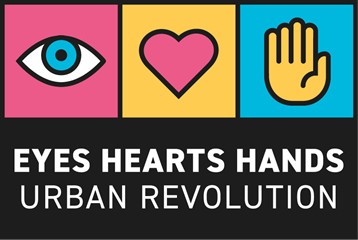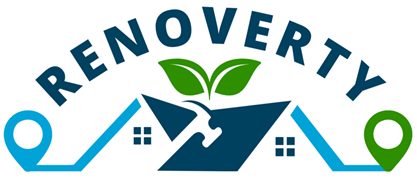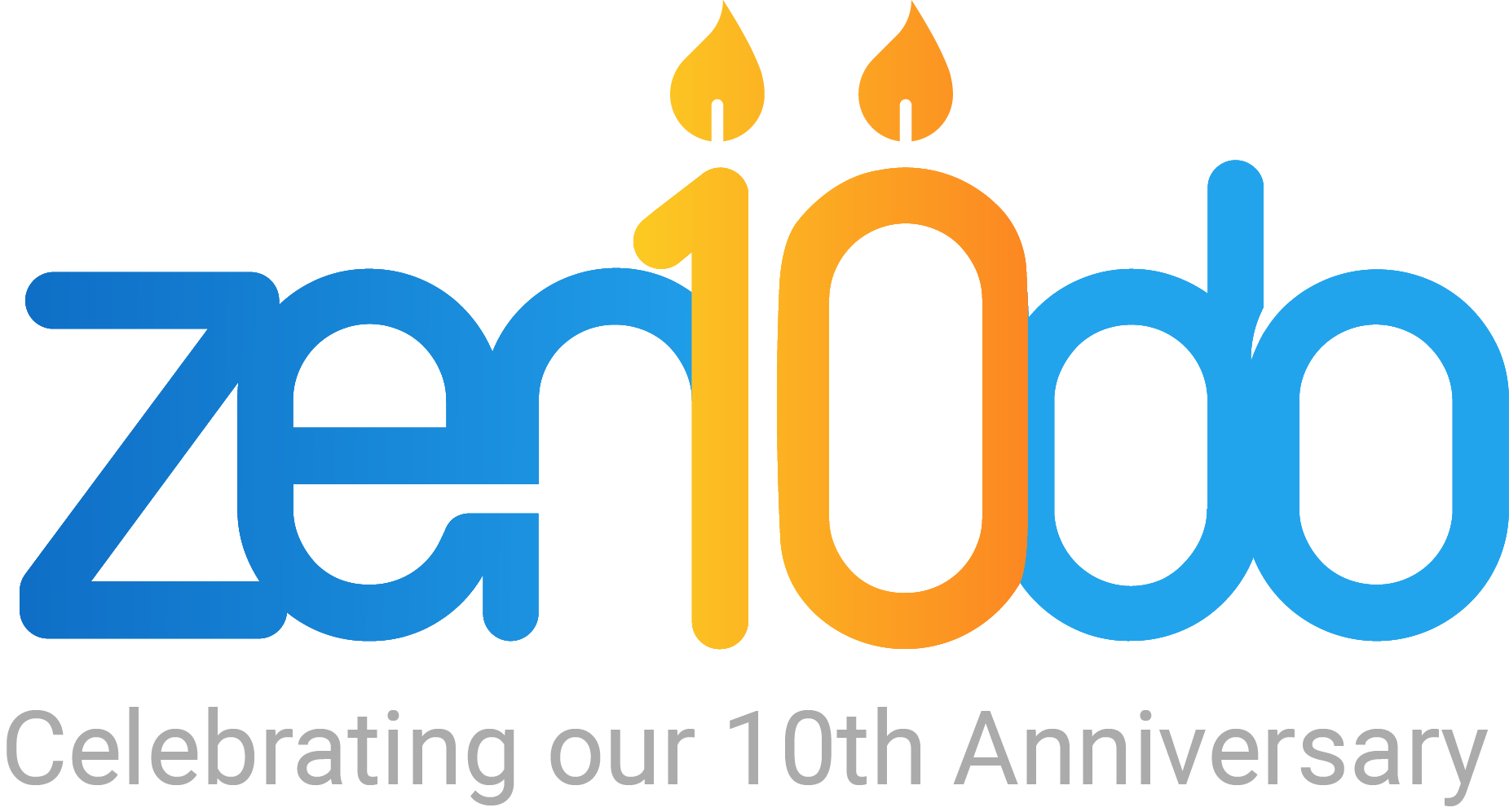Smart Energy Cluster
FORTESIE has joined the #SmartEnergyCluster, a collaboration of 22 projects focused on realizing the smart energy transition!
This cluster collaborates on disseminating projects' activities and results, engaging interested target groups. Projects within the cluster also develop, conceptualize, and deploy new business models to maximize economic value and integrated service benefits.
Stay updated on the cluster's progress by following #SmartEnergyCluster on Χ and LinkedIn!

Network of building renovation projects
This Network is a collaborative initiative that brings together EU projects in the building renovation domain. It aims to exchange knowledge and enhance all projects' visibility by joint dissemination, communication and exploitation actions.

Other sister projects

Climate change threatens to increase people’s vulnerability, undermine economic gains, hinder social and economic development, and worsen access to essential services. As 55% of the world’s population lives in urban areas, cities play a key role in tackling climate change. However, many cities often lack the skills to deploy their energy and sustainability plans effectively and city managers struggle to identify the right technological solutions and to govern full-scale renovation processes.
The Eyes Hearts Hands project thus responds with an innovative methodology that embraces the New European Bauhaus (NEB) principles. It aims to bridge the worlds of art, culture, and education with science and technology. The project will also contribute to the EU Missions that have commonalities with the NEB, with both initiatives aiming to tackle major challenges in health, climate, and the environment through closer engagement with citizens and harnessing the power of research and innovation. https://eyesheartshands.eu/

RENOVERTY will foster energy efficiency building upgrades in the energy poor households of Central and Eastern Europe (CEE) / South-eastern Europe (SEE) and Southern European countries (SE) by establishing the methodological and practical framework to build renovation roadmaps for vulnerable rural districts in a financially viable and socially just manner. Specifically, the project aims to deliver tools and resources to support local and regional actors to build and execute operational single or multi-household roadmaps for rural areas. A scalable model will also be created to ensure the wide geographical replicability and implementation of the roadmaps by different actors at the EU level. Strategically, the project will contribute to minimise logistical, financial, administrative, and legal burdens caused by a complex and multi-stakeholder home renovation process.
Additionally, RENOVERTY will ensure that building retrofits consider the social dimension by incorporating security, comfort, and improved accessibility in the roadmaps to further improve the quality of life of vulnerable populations. Over the project’s three years, seven pilots located in Sveta Nedelja (Croatia), Tartu (Estonia), Bükk-Mak & Somló-Marcalmente-Bakonyalja Leader (Hungary), Zasavje (Slovenia), Parma (Italy), Coimbra (Portugal), and Osona (Spain) will implement the roadmaps, while wider integration of rural and peri-urban development is foreseen in the long run. https://ieecp.org/projects/renoverty/

